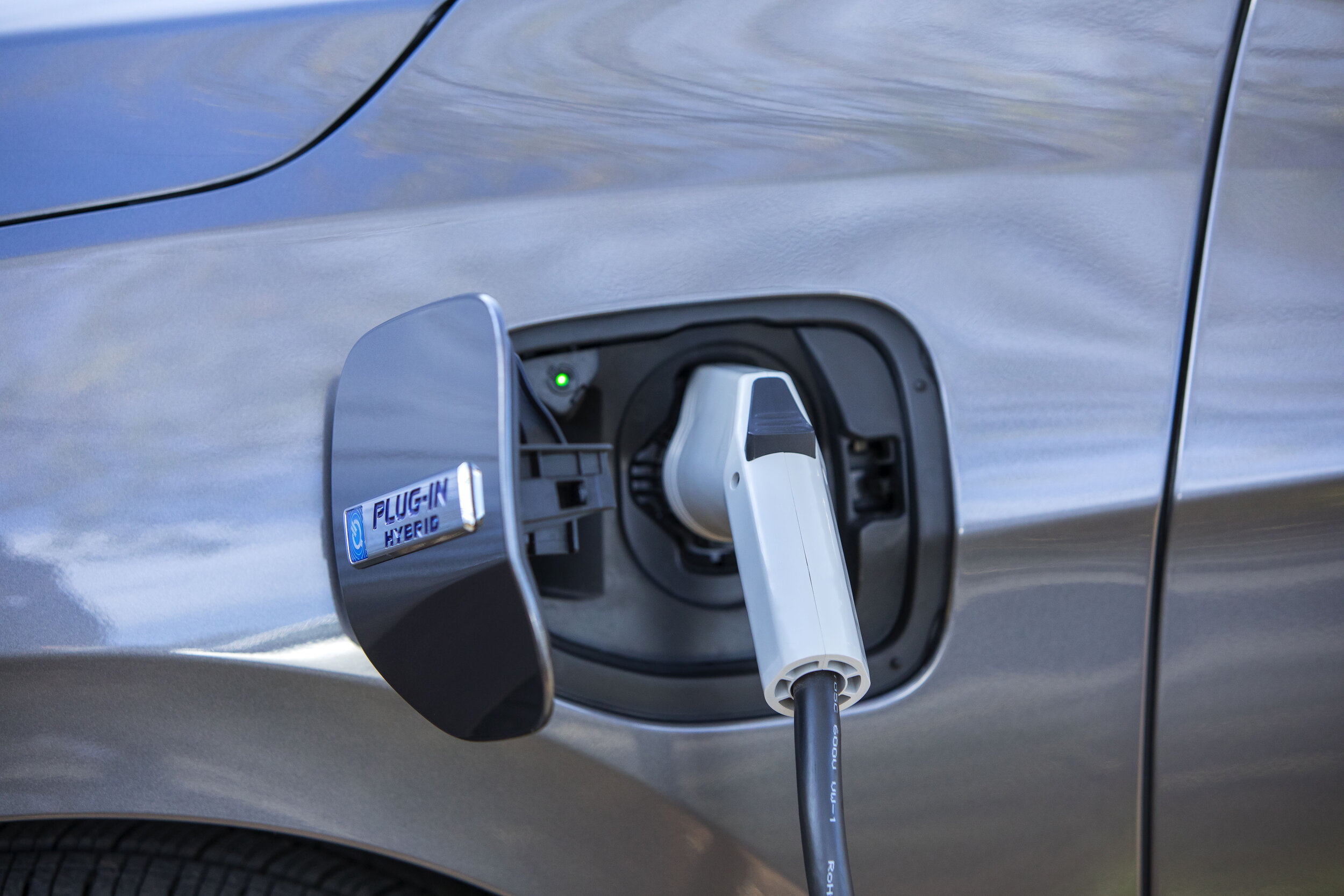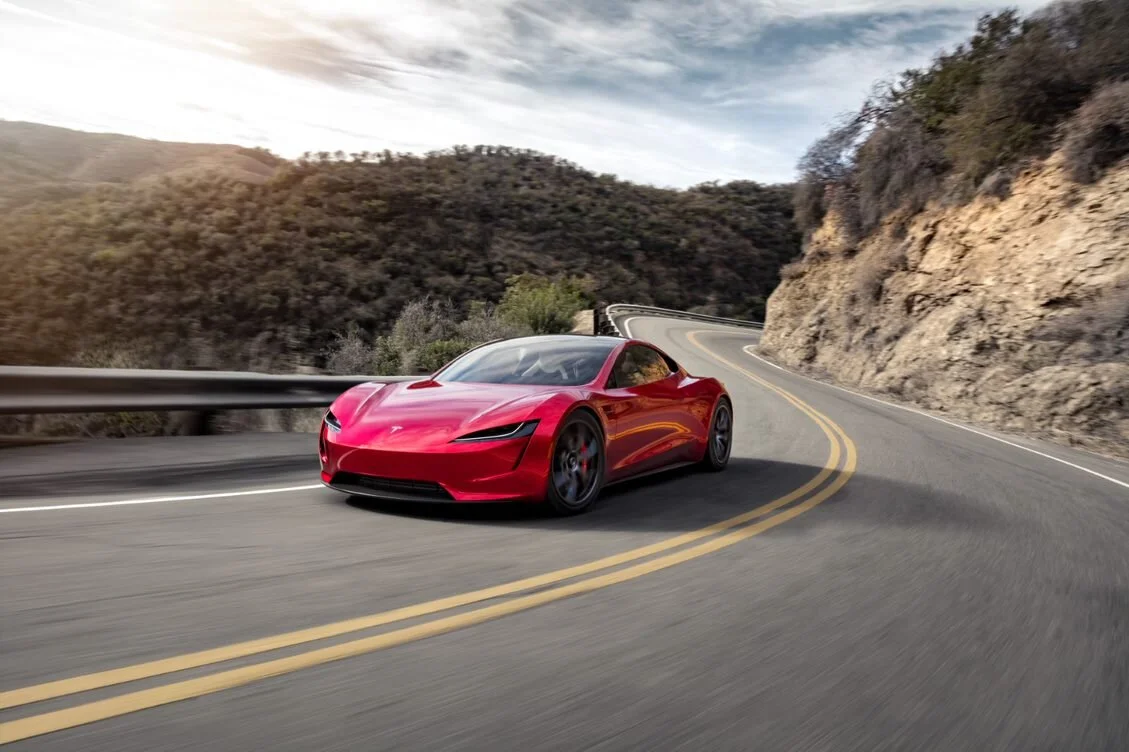EV Demand: When Will It Go from Regulation-Driven to Demand-Driven?
[Feb. 12, 2020]
Until recently, automakers have groused that demand for EVs has been driven largely by government regulations, and that consumer demand is minuscule or nonexistent. (Except if you’re Tesla, of course, which can barely keep up with demand.) While the Nissan Leaf enjoyed modest success since its launch, others have not proven quite as popular, including the Chevrolet Bolt, which can now be found with generous incentives in some areas, and evidently the BMW i3, as BMW’s director of development Klaus Frölich said as recently as June 2019 that there was “no customer demand” for EVs.
However, as Frölich noted in his roundtable talk to assembled journalists, government regulations and requirements globally are continuing to tighten. Regardless of consumer demand, in order to meet mandatory government CO2 emissions targets, electrification is an unavoidable inevitability. BMW, as well as many other automakers, believe PHEVs are the near-term solution to meet government targets, while giving customers at least some level of electric drive capability.
But clinging to the internal-combustion engine as CO2 targets tighten will only result in smaller, buzzier, more highly stressed engines asked to make the power car buyers expect. To meet these seemingly diametrically opposed goals, we’re already seeing the humble three-cylinder emerge from being the bottom-feeder powerplant to being solidly in the mainstream in models such as the Buick Encore GX, Ford Escape, and Mini Cooper.
In the commoditized compact crossover market, and for quirky compacts, a buzzy three-pot might not be that objectionable to most buyers, assuming it makes enough power. But despite the best efforts of noise-cancellation, active engine mounts, and other noise and vibration attenuation technology, there will be a point where internal-combustion engines, whether by themselves, or packaged in a hybrid powerplant, will fall short of customer expectations for power, refinement, and efficiency.
Tesla and other EV newcomers are already shattering the stereotype of EVs being slow and sluggish, and as more people are exposed to newer EVs, their expectations for performance and refinement will be shaped by the electric future. It’s only a matter of time until buyers walk into showrooms and start to ask, “Is this offered as an electric?” or make the comment or observation on the test drive of an ICE-powered model, “Wow, this doesn’t have as much power as I thought it would,” or, “Hmm. This is kind of noisy and rough.”
When that tipping point ultimately happens, there will be two categories of automakers: Those that have already extensively electrified their lineups and are ready to welcome customers seeking a more refined, high-tech driving experience, and those that haven’t. Those in the latter category may find themselves furiously playing catch-up to offer the electrified models customers are demanding, be forced to buy licensed technology from competitors, or ultimately, go out of business.
Already, Tier 1 automotive suppliers are bracing themselves for the electric future, divesting themselves of legacy businesses reliant on the internal-combustion engine, and emphatically embracing electrification, like German auto supplier giant Continental.
Even segments that didn’t seem like prime candidates for electrification, like pickups, are already setting the stage to change the narrative on EVs, to the point where there will be few market segments that won’t be electrified. Yes, investing hundreds of millions, and in some cases, billions of dollars changing your business and manufacturing model from ICE to EV is not always an easy or painless transition, but those that make the investment now will likely find themselves in a much better position five years from now than those that haven’t, when it’s the market “pull” forcing electrification rather than the predominantly government “push” we currently have.
(Image courtesy BMW)
Like what you read? Follow us on Google News and like us on Facebook!







